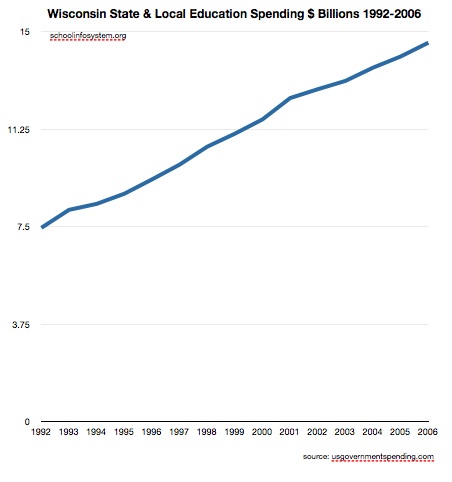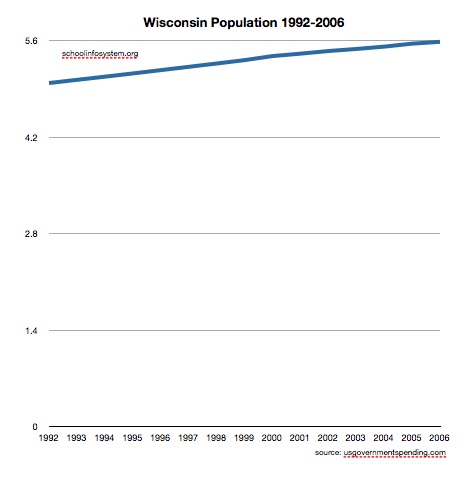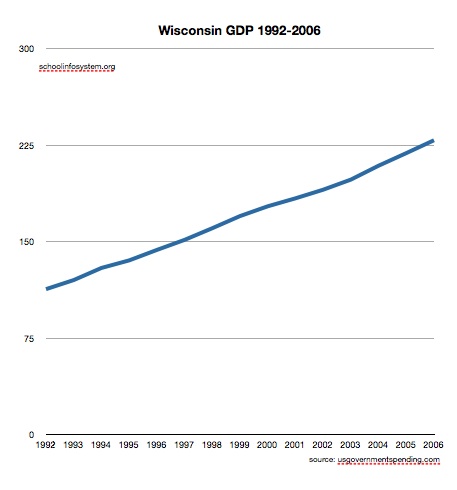Don Regina, via hard copy (The text is “OCR‘d):
Good evening, everyone. I did not mean to burden you with more paper; after all, in life there is so much paperwork, but my administrators urged all teachers to present such a document to you. In my career I have observed that teachers feel somewhat anxious about tonight, but I don’t know why.
Tonight we are together for the first of three meetings, the other two being parent-teacher conferences. It seems we are here for different purposes. You care enough to hurry from work, forego a leisurely dinner, and spend a few hours here. Perhaps you are curious about what I look like, or how I dress (by the way, I am out of uniform-I rarely wear a coat and only don a tie once a week), the way I have decorated my room, what this course is about, and if I am knowledgeable, intelligent, and articulate enough to teach effectively. In other words, is it safe for you to turn your child over to me for forty-five minutes every day. But in Twenty-first Century America two lesser but very powerful gods, named “Things to Do” and “Hurry Up” harry us mercilessly, so you must base your first impressions on these brief encounters. Wouldn’t it be more relaxing if we could sit around a table over coffee and share ideas and concerns? I am here to tell you who I am and my teaching goals and philosophy. In short, I want not to make myself look good but to speak truly and simply, not to put my best foot forward but my real foot forward. Despite our seemingly different purposes, you and I are here for the same reason: we are involved in the education and development of your child and my student. Whether we agree or disagree and regardless of your reactions to what I do or don’t do, let us always remember we are the most influential allies in that essential and crucial process, and permit our alliance to set the tone for our relationship.
My name is Don Regina, and I am ( ) years old. I, and my son . . attended this school, so like you I believe in a private, values oriented education. I hold a Bachelor of Arts degree from St. Michael’s College in Vermont, a Masters Degree in British and American literature from the UW-Madison, and a Lifetime License from the Department of Public Instruction. Yes, I am a lifer. I have taught English here at Edgewood High School for ( ) years-this is my only post-and advise the school newspaper and coach the boys cross country team.
My profession has changed somewhat in the last thirty years. When you and I were in high school, we read and wrote about the classics-A Tale of Two Cities, Crime and Punishment, and Silas Marner. During the Seventies in college I argued with my fellow student teachers about the relative or apparent merits of something called independent study. And now my subject is called Language Arts. Despite all the superficial changes and glitsy gimmicks, and the history of education is loaded with gimmicks, we are and always will be studying the two Rs-reading and writing. So, unlike math or foreign language teachers, we English teachers must fight on two fronts.
It is not surprising, then, that I have two major goals. First, I must teach students to read carefully and perceptively. They must know what happened and what the author said in the text, and use that knowledge to understand characters such as Macbeth, John Proctor from The Crucible, or Elizabeth Bennett from Pride and Prejudice. They should interpret symbols such as Robinson Crusoe’s island, James Joyce’s Dublin, or Mark Twain’s river town, Dawson’s Landing, in Puddn Head Wilson. And, most importantly, they should understand the theme or message the author is conveying. What is Jonathan Swift saying about humanity in Gulliver’s Travels? How is F. Scott Fitzgerald portraying his generation in The Great Gatsby? What is Alice Walker expressing about the plight of women in The Color Purple?
My second goal is multi-faceted: to teach students to write competently. They should organize and clearly express their ideas in fully developed paragraphs and complete sentences using appropriate words. And they should 3 master writing’s nuts and bolts: correct spelling, grammar, usage, and punctuation. As you can see, this is a daunting task.



